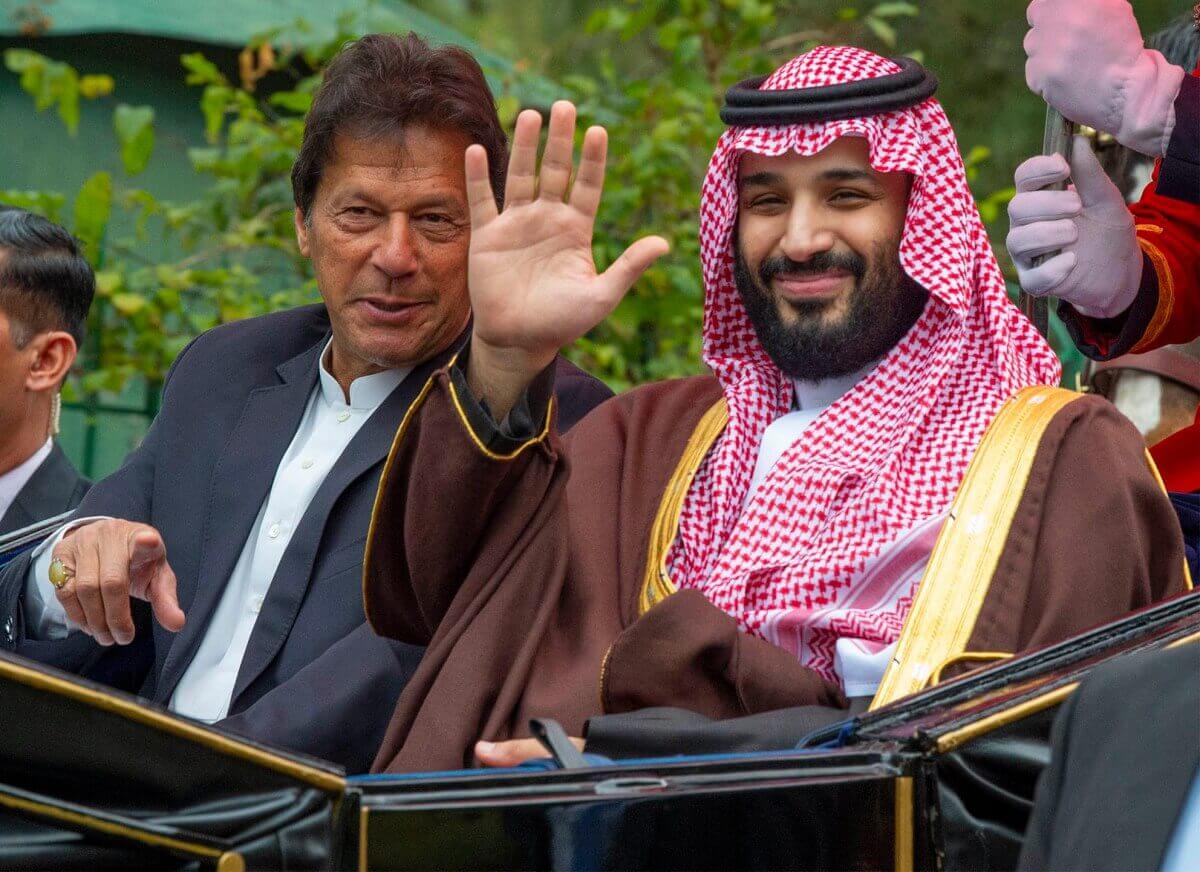Saudi Arabia has halted its oil supply and ended a financial loan deal with Pakistan due to Islamabad’s belief that the Riyadh-led Organization of Islamic Cooperation (OIC) is not putting enough international pressure on New Delhi over the Kashmir issue. The rift marks a fresh step in the deterioration of relations between the Islamic countries.
Pakistan and India have been in a long-term dispute regarding their claims over Kashmir since 1947, with both neighbours controlling parts of the region until 5 August 2019, when the Narendra Modi-led Indian administration revoked Articles 370 and 35A that granted the state autonomous rule and split it into two Union Territories, unilaterally including the entire region, including areas with overlapping claims, as part of its territory. Several foreign analysts, especially from Pakistan, have viewed this move as an annexation.
In November 2018, during Saudi Crown Prince Mohammed bin Salman’s diplomatic visit to Islamabad, the two countries signed a $6.2 billion package that included $3 billion in fiscal loans and $3.2 billion in oil credit facilities. However, relations between Riyadh and Islamabad turned sour when the Kingdom denied the South Asian country’s appeal to convene an OIC Council of Foreign Ministers meet to discuss the Kashmir issue. Pakistani Foreign Minister Shah Mahmood Qureshi had said, “I am once again respectfully telling OIC that a meeting of the Council of Foreign Ministers is our expectation.” The OIC has always been a supporter of Pakistan, and the country has been a crucial part of the 39-nation Islamic Military Counter-Terrorism Coalition founded in 2015.
However, in May, Riyadh’s irritation with Islamabad’s insistence on bringing up the Kashmir issue time and again led to the Kingdom cutting off its oil supply to Pakistan and asking it to pay back $1 billion in cash that it had borrowed in 2018.
Islamabad’s only long-term ally in the region, China, immediately came forward to loan Islamabad the cash needed to help Pakistan avoid defaulting on any international debt agreements with the Kingdom after it decided to rescind its financial support, according to sources in the Pakistani Ministry of Finance and the State Bank of Pakistan.
China has also claimed the Aksai Chin region of Kashmir since 1963, and, given its converging interests in the region, namely containing India’s influence, it has adopted an aggressive posturing in favour of Pakistan. China has also been engaged in a number of clashes at its borders with India over the past few months.
These developments also raise doubts about the future of 2019 MoUs signed between the two Islamic countries, which included Saudi investments in Pakistan valued at around $20 billion, including the setting up of an oil refinery in the port city of Gwadar which is also a strategic area at the crossroads of the Gulf of Oman and a crucial point of the China-Pakistan Economic Corridor (CPEC) project.
Several analysts believe that Riyadh’s latest moves indicate its reluctance in getting involved in Pakistan and also China’s regional games and efforts to contain India.
Saudi Arabia Asks Pakistan To Repay $1bn Loan, Cuts Oil Supply Over Kashmir Issue at OIC
Beijing has helped bail Islamabad out of its international debt
August 12, 2020

Saudi Crown Prince Mohammed bin Salman (R) with Pakistani Prime Minister Imran Khan (L) SOURCE: BANDAR AL-JALOUD / SAUDI ROYAL PALACE / AFP
